Organic Poppy Seeds: Unlock Natural Flavor and Health Benefits
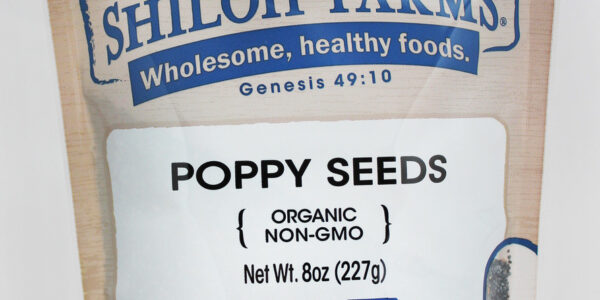
Introduction to Organic Poppy Seeds
If you’re looking to add a natural boost to your meals and health, organic poppy seeds might be just what you need. These tiny seeds pack a powerful punch of flavor, nutrition, and benefits that can transform your cooking and well-being.
Imagine enhancing your dishes with a subtle nutty taste while knowing you’re choosing something pure and chemical-free. You’ll discover why these seeds deserve a spot in your kitchen and how they can improve your daily life. Keep reading to unlock the secrets of these little wonders and learn how to use them to your advantage.
What Are Organic Poppy Seeds
Organic poppy seeds come from the opium poppy plant. They are tiny, kidney-shaped seeds with a crunchy texture. These seeds have a mild nutty flavor that enhances many dishes.
Choosing organic means the seeds are grown without synthetic chemicals. Farmers use natural methods to protect the plants and soil. This keeps the seeds pure and safe to eat.
What Makes Poppy Seeds Organic?
Organic poppy seeds grow in fields without pesticides or chemical fertilizers. Farmers use natural compost and crop rotation to keep the soil healthy. This helps the seeds stay clean and free from harmful substances.
Where Do Organic Poppy Seeds Come From?
These seeds are mainly grown in countries with rich soil and good weather. India, Turkey, and the Czech Republic are top producers. Organic farms in these places follow strict rules for natural farming.
How Are Organic Poppy Seeds Harvested?
Farmers collect the seeds by hand or with machines. They carefully dry the seeds to keep their flavor and nutrients. The process avoids any chemicals or artificial treatments.
Why Choose These Seeds?
Organic seeds are safer and healthier. They contain no harmful residues and retain natural nutrients. Using them supports eco-friendly farming and protects the environment.
Nutritional Profile
Organic poppy seeds are small but packed with nutrients. They offer a rich nutritional profile that supports overall health. These seeds provide essential vitamins, minerals, healthy fats, and fiber. Including them in your diet can boost your nutrient intake naturally.
Vitamins And Minerals
Organic poppy seeds contain important vitamins like B-complex and vitamin E. These vitamins help your body produce energy and protect cells from damage. They are also rich in minerals such as calcium, iron, magnesium, and zinc. Calcium strengthens bones. Iron improves blood health. Magnesium supports muscle function. Zinc aids the immune system.
Healthy Fats And Fiber
These seeds have healthy fats, mainly unsaturated fats. These fats support heart health and reduce bad cholesterol. Poppy seeds also have dietary fiber. Fiber helps digestion and keeps you full longer. It balances blood sugar and promotes a healthy gut. Eating these seeds adds good fats and fiber to your meals.
Health Benefits
Organic poppy seeds offer many health benefits. These tiny seeds pack a nutritional punch. They support several important body functions. Including them in your diet can improve overall wellness.
Digestive Health
Poppy seeds contain fiber that aids digestion. Fiber helps food move smoothly through the gut. It prevents constipation and keeps the stomach comfortable. Eating poppy seeds can promote a healthy digestive system.
Heart Health
These seeds have healthy fats like omega-6 and omega-9. Such fats help reduce bad cholesterol levels. Lower cholesterol supports better heart function. Poppy seeds also contain magnesium, which helps control blood pressure.
Bone Strength
Organic poppy seeds are rich in calcium and phosphorus. Both minerals are essential for strong bones. They help keep bones dense and prevent weakness. Regular consumption supports bone health and reduces fracture risk.
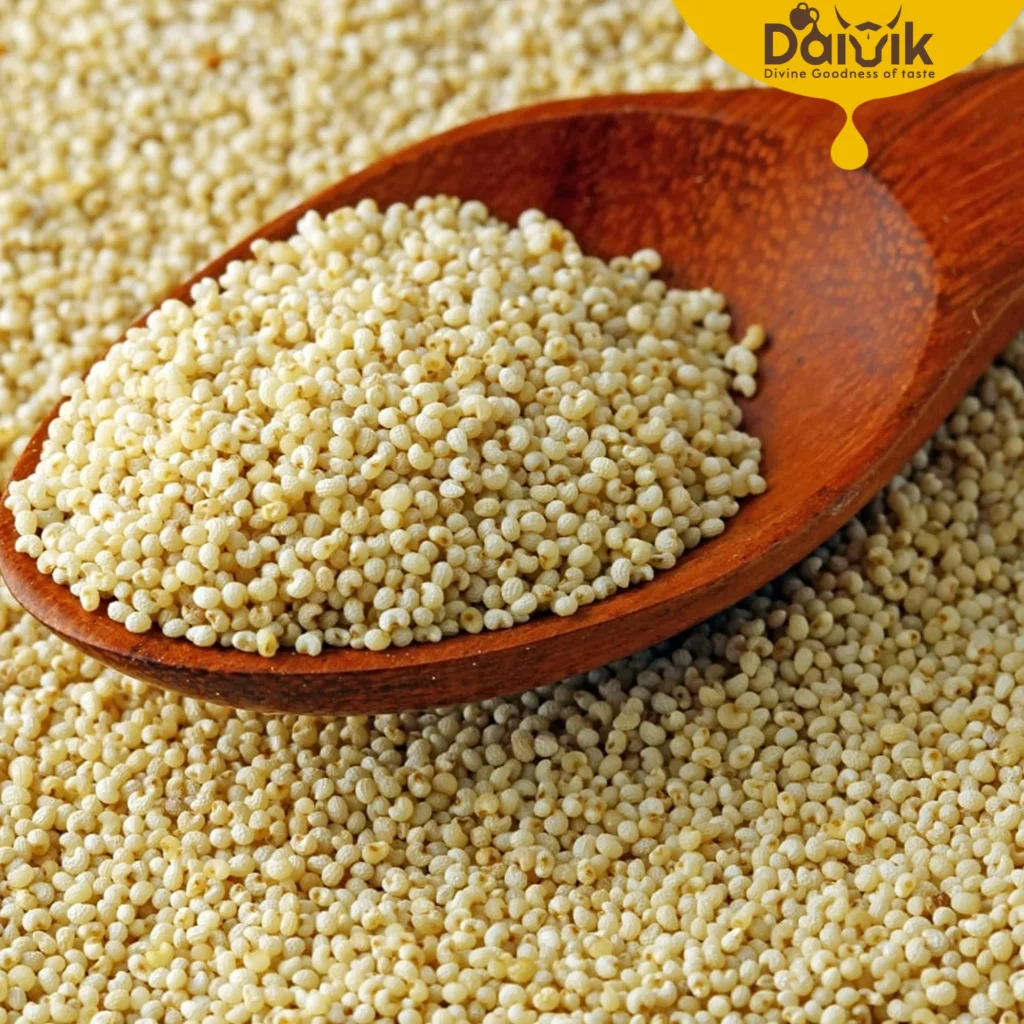
Culinary Uses
Organic poppy seeds add a unique touch to many dishes. Their subtle nutty flavor and crunchy texture make them popular in kitchens worldwide. These tiny seeds bring aroma and taste without overpowering other ingredients. They fit well in both sweet and savory recipes.
Baking And Cooking
Organic poppy seeds are common in baking recipes. They appear in breads, muffins, and cakes. Sprinkling them on top adds crunch and visual appeal. In cooking, they often flavor sauces and dressings. They also work well in spice blends and marinades.
Flavor Enhancer In Dishes
Poppy seeds boost flavor with their mild, nutty taste. They balance spicy and tangy notes in dishes. Using them in salad dressings or yogurt adds depth. They can also enhance soups and stews subtly. Their flavor stays gentle, never overwhelming the dish.
Pairing With Ingredients
Organic poppy seeds pair well with citrus fruits like lemon and orange. They complement dairy products such as cheese and yogurt. Seeds blend nicely with herbs like dill and parsley. They also work with nuts and honey in desserts. Their mild taste makes them flexible in many recipes.
Choosing Quality Organic Seeds
Choosing quality organic poppy seeds matters for taste and health. Good seeds bring better flavor and nutrition to your dishes. Poor quality seeds may lack freshness and have fewer nutrients. Knowing how to pick the right seeds helps you get the best results every time.
Certification Marks
Certification marks show if seeds meet organic standards. Look for labels like USDA Organic or EU Organic. These marks mean the seeds grew without synthetic chemicals. They confirm the product passed strict safety checks. Certified seeds offer peace of mind about purity and quality.
Freshness Indicators
Fresh seeds have strong aroma and bright color. Old seeds look dull and lose their scent. Check the packaging date or best-before label. Choose seeds harvested recently for the best taste. Fresh seeds also have better germination if you plan to grow them.
Storage Tips
Proper storage of organic poppy seeds keeps them fresh longer. Good storage preserves their flavor and nutrition. Here are simple tips to store poppy seeds safely at home.
Keep Poppy Seeds In An Airtight Container
Use a clean glass or plastic container with a tight lid. This stops air from entering. Air exposure makes seeds go stale fast. Airtight containers keep seeds fresh for months.
Store In A Cool, Dark Place
Heat and light damage poppy seeds. Store them away from sunlight and heat sources. A pantry or cupboard works well. Cooler temperatures slow down spoilage.
Refrigerate For Longer Storage
For longer shelf life, place seeds in the fridge. Cold keeps oils in seeds from turning bad. Use a sealed container to prevent moisture absorption. Refrigeration can keep seeds fresh up to a year.
Freeze Seeds For Extended Freshness
Freezing is ideal for long-term storage. Use freezer-safe containers or bags. Freeze in small portions to avoid thawing repeatedly. Frozen seeds stay fresh for over a year.
Potential Allergies And Precautions
Organic poppy seeds are a healthy addition to many dishes. They offer great flavor and nutrients. Yet, some people may face allergies from these seeds. Knowing the risks and taking precautions can keep you safe and well.
Allergic reactions to poppy seeds are rare but possible. Symptoms can range from mild to serious. It is important to recognize signs early and act quickly.
Common Allergy Symptoms
Allergy symptoms can include itching, swelling, and redness around the mouth. Some may experience hives or skin rash. Sneezing, runny nose, or difficulty breathing are more severe signs. Watch for stomach pain, nausea, or vomiting after eating poppy seeds.
Who Should Avoid Organic Poppy Seeds
People with known seed allergies should be cautious. Those with asthma or other respiratory issues might react badly. Children and elderly may be more sensitive to allergens. Pregnant women should consult a doctor before use.
Precautions To Take
Start with a small amount to check your body’s reaction. Avoid poppy seeds if you notice any discomfort. Always read labels to ensure purity and no cross-contamination. Store seeds in a clean, dry place to keep them fresh and safe.
When To Seek Medical Help
Seek help if you face severe swelling or trouble breathing. Chest tightness or dizziness requires immediate attention. Persistent symptoms after eating poppy seeds need a doctor’s evaluation. Early treatment can prevent serious health issues.
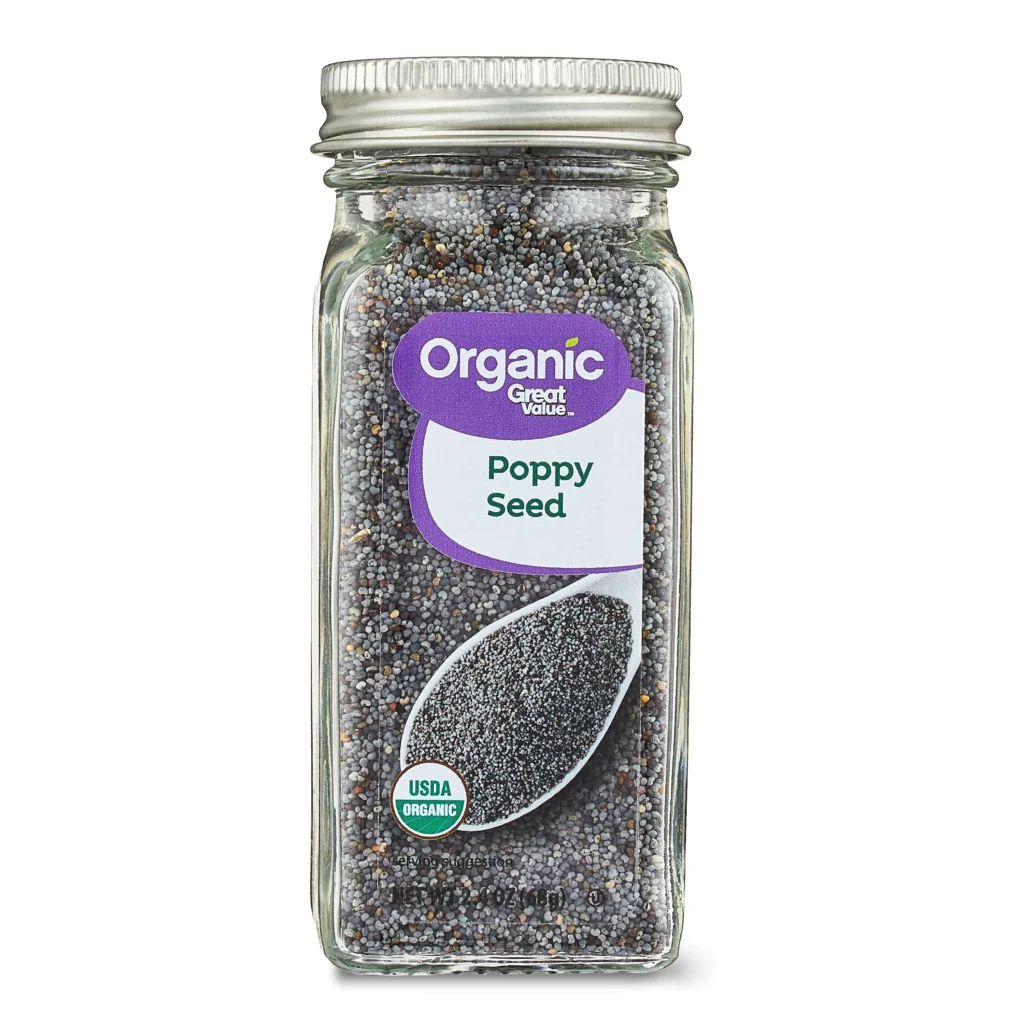
Sourcing And Sustainability
Sourcing and sustainability are key for organic poppy seeds. Customers want food that is good for health and the earth. Ethical farming and careful sourcing protect nature and support communities. Choosing these seeds means choosing respect for the planet and people.
Organic Farming Practices
Organic poppy seeds come from farms that avoid synthetic chemicals. Farmers use natural fertilizers and pest control methods. These practices help keep the soil healthy and the water clean. Crop rotation helps the land stay fertile year after year. This approach reduces pollution and supports the preservation of wildlife habitats. It also ensures the seeds are free from harmful residues.
Supporting Ethical Producers
Buying organic poppy seeds supports farmers who work fairly and honestly. Ethical producers pay fair wages and provide safe working conditions. They often use traditional farming methods that protect local culture. Supporting these farmers helps build stronger communities. It encourages sustainable farming that lasts for generations. This way, your choice makes a positive impact beyond the kitchen.
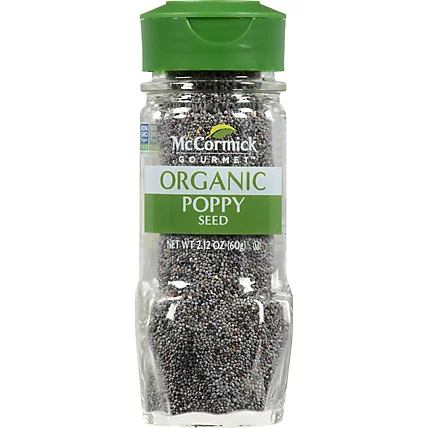
Frequently Asked Questions
What Are The Benefits Of Organic Poppy Seeds?
These seeds are rich in antioxidants, fiber, and essential minerals. They support digestion, boost immunity, and promote heart health. Being organic, they contain no harmful pesticides or chemicals, ensuring safer consumption and better nutritional value.
How To Store Organic Poppy Seeds Properly?
Store these seeds in an airtight container away from heat and light. Keep them in a cool, dry place or refrigerate for longer freshness. Proper storage preserves flavor, prevents rancidity, and maintains their nutritional quality.
Are Organic Poppy Seeds Safe To Consume Daily?
Yes, organic poppy seeds are safe in moderate amounts daily. They offer health benefits like improved digestion and nutrient intake. However, excessive consumption may cause mild side effects; always consume them as part of a balanced diet.
Can Organic Poppy Seeds Be Used In Baking?
Yes, these seeds are excellent for baking. They add a nutty flavor and crunchy texture to breads, muffins, and cakes. Using organic seeds ensures pure, natural taste without chemical residues, enhancing the quality of baked goods.
Conclusion
Organic poppy seeds bring natural flavor and health benefits to your meals. They are rich in nutrients and free from harmful chemicals. Using these seeds supports better digestion and adds a crunchy texture to dishes. Choosing organic helps protect the environment and promotes sustainable farming.
Small changes like adding these seeds can improve your cooking and well-being. Try them in baking, salads, or snacks for a tasty, healthy boost. Simple, natural, and good for you. Why not give organic poppy seeds a chance today?
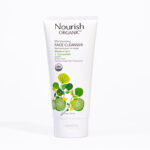



Leave a Reply